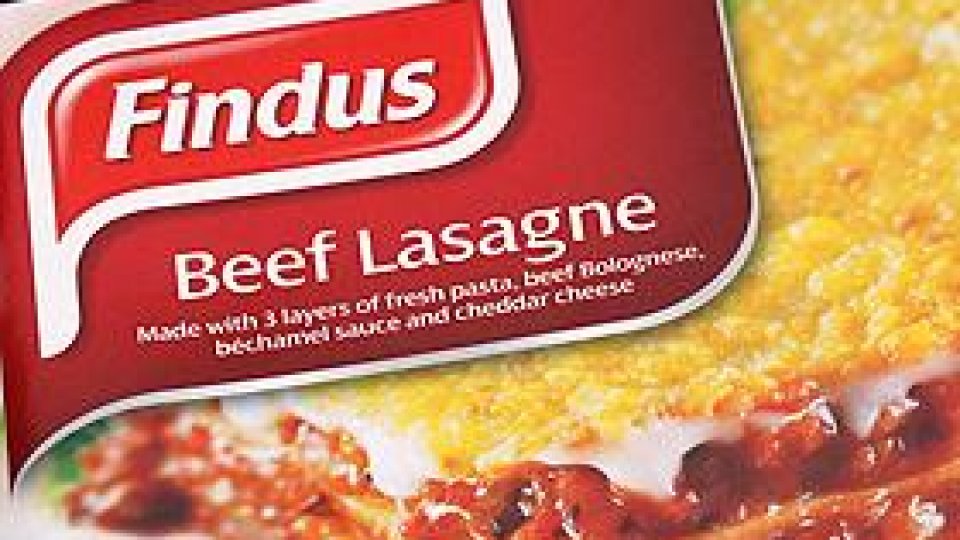Measures to boost consumer trust
British citizens were among the first EU consumers who fell victim to the fraudulent selling of horsemeat in frozen products labelled as beef.

Articol de Radio România Internaţional, 28 Februarie 2013, 20:52
British citizens were among the first EU consumers who fell victim to the fraudulent selling of horsemeat in frozen products labelled as beef. The scandal escalated quickly across Europe and is far from being over.
Traces of horsemeat have recently been discovered in Swedish traditional meatballs sold in Ikea restaurants in the Czech Republic, while the global group Nestle has announced it identified horse DNA in pasta meals sold by one its Spanish distributors.
Such food crises need to be averted, EU officials have agreed. At their latest meeting in Brussels, the EU Agriculture Ministers agreed on the need for measures aimed at restoring meat consumers’ trust. According to Romanian Agriculture Minister Daniel Constantin, who attended the meeting, EU officials reached a consensus with a view to furthering inspections and cooperating with the Europol so as to identify irregularities.
Daniel Constantin: “We have established the next actions the Commission is due to undertake. Each Member State has already taken steps to intensify inspections. On the other hand abattoirs, storage areas and markets are being investigated to see whether the products on the shelf correspond to what’s written on the label. The European Commission has called on all Member States to work closely with the Europol, and Romania has committed to fully complying with this agreement”.
The European Commission has pledged to finance 75% of DNA tests conducted to identify horsemeat in semi-prepared foods. This is very good news, Minister Daniel Constantin has argued, since the costs of those tests as well as of those aimed at ascertaining the use of a certain substance in the treatment of horses, which has toxic effects on humans, are extremely high. In another development, Romania has joined France and Germany in efforts to improve the labelling system across the European Union.
Wrongfully accused at first, Romania has proved following inspections that the labelling and selling of horsemeat by Romanian firms was done by the book. The focus subsequently switched to France, as a local French firm was discovered to have mislabelled the meat, which was subsequently included in beef lasagna products shelved in British supermarkets. Romanian consumers themselves have been exposed to such deceitful practices, after relevant authorities have discovered several fast-food restaurants selling horsemeat labelled as beef.














